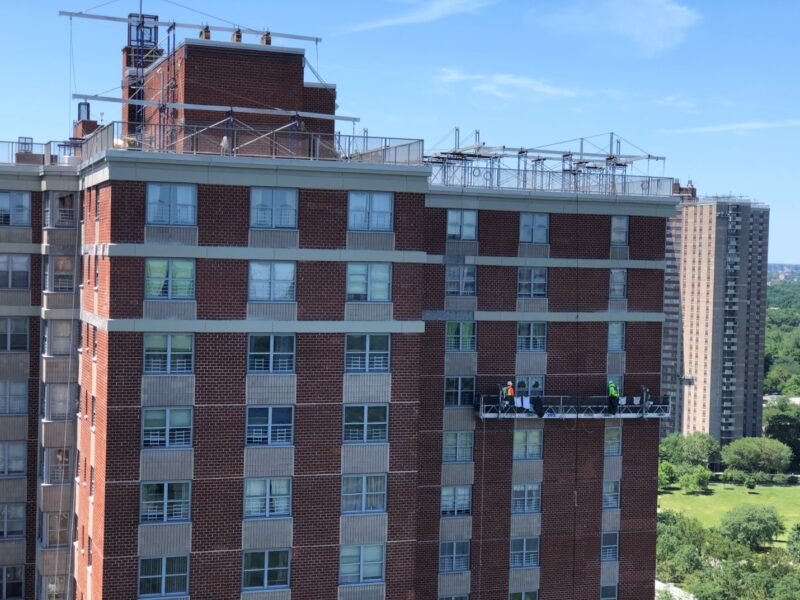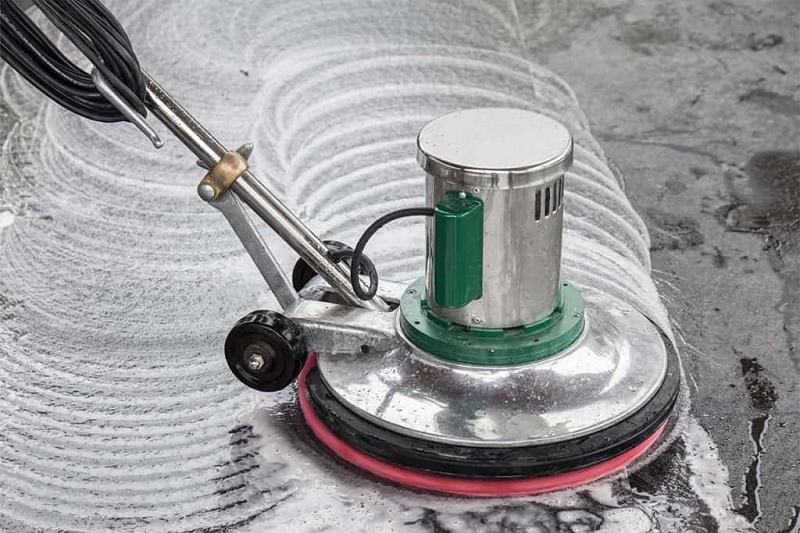Are you an aspiring real estate investor, looking to crack lucrative property deals like probate? Undeniably, you can easily find a house in probate through tools like Flipscout or ListSource. But that’s not enough to earn substantial profits in attractive real estate investment opportunities like probate sales.
It’s worth noting that probate sale processes involve a lot of risks. Dealing with probate real estate is not as easy as it sounds. Of course, it allows investors to purchase houses much lower than the actual value and later sell them off at market rates. But, the fact is, there are a lot of factors to be aware of before putting your step toward the investment process.
To help you get started, we have enlisted the top considerable factors associated with probate sales. Read to learn all of them to overcome the challenges of buying a probate property when actually stepping into the process.
Buying Probate Properties.
It goes without saying that buying a probate property is as intimidating as selling one. And below are the essential factors to consider when investing in a probate deal.
- Deep Understanding: Understanding the specifics of the probate investment process is extremely important when attracting lucrative probate deals. This will prevent you from falling prey to fraudulent offers. Furthermore, ensure hiring a realtor specifically experienced in dealing with probate sales and asking the real estate agent about the criteria imposed on offer submission and acceptance.
- Keep Realistic Expectations: If you want to attract the best probate deals, avoid expecting to attract off-market probate sales. Although a House in Probate is generally sold at a price much lower than the actual market value, the estate representatives and trustees need to list the property on public platforms to attract more and more potential offers. So, be determined to compete with other bidders when stepping into probate real estate investments.
- Request a Discount Later: It’s always a good idea to submit property offers at the current market value and later request a discount, explaining why the discount is in the seller’s best interest. Doing so will increase the chances of your discounted offer getting accepted, especially if the estate representatives or trustees need quick cash or don’t have funds to renovate the property.
- Be Patient: Patience is the key to acquiring a probate property successfully. Probate sale is a complicated and time-consuming process since it involves a number of steps in it. The sale proceedings also require the consent of all beneficiaries and legal heirs. As a result, probate sale closings take a much longer time to complete than traditional property sales. That said, if you are stepping into a probate sale process, be prepared to be patient.
Selling Probate Properties.
Selling a probate property is a hectic process. It involves challenging steps like verifying the decedent’s will, appointing an estate representative, locating the deceased owner’s assets, paying off the creditors (if any), etc. Additionally, probate laws and regulations also vary from state to state. Here are a few factors to consider when selling a probate property to smoothen the process.
- Filing Decedent’s Will: According to probate laws, a decedent’s Will must be filed in the probate court within 30 days from the date of demise. If not, the executor, trustees, or legal heirs and beneficiaries may face troubles and delays in the probate sale process.
- Check Probate Laws: It’s essential to know the ins and outs of probate laws before commencing the sale process. Checking your state’s probate laws will actually help you determine if your estate qualifies for a shorter settlement period. Generally, a probate sale takes six months to two years to settle. But, if your state’s probate laws allow a shorter settlement period, you may expect to complete your sale proceedings sooner.
- Hire an Experienced Realtor: If you have a probate property to deal with, ensure hiring an experienced realtor. That’s mainly because probate is a complicated process and someone who has extensive years of professional experience working on it can help you deal with the complexities involved.
- Sell As Soon As Possible: It’s always better to sell a property as soon as it enters probate. The primary reason behind it is to save additional expenses on the property. As a descendant of the deceased, you need to spend money on repairing, renovating, and maintaining the property until it is sold. So, always ensure to sell the property as soon as you receive a potential offer. You may list your property using tools like Flipscout or ListSource to attract buyers quickly.
Final Words.
Hopefully, this blog helped you get acquainted with the most important factors associated with probate sales. If you have already considered buying or selling a house in probate, you should essentially keep all the above-mentioned factors in mind. Doing so will help you crack deals faster and earn lucrative profits.



